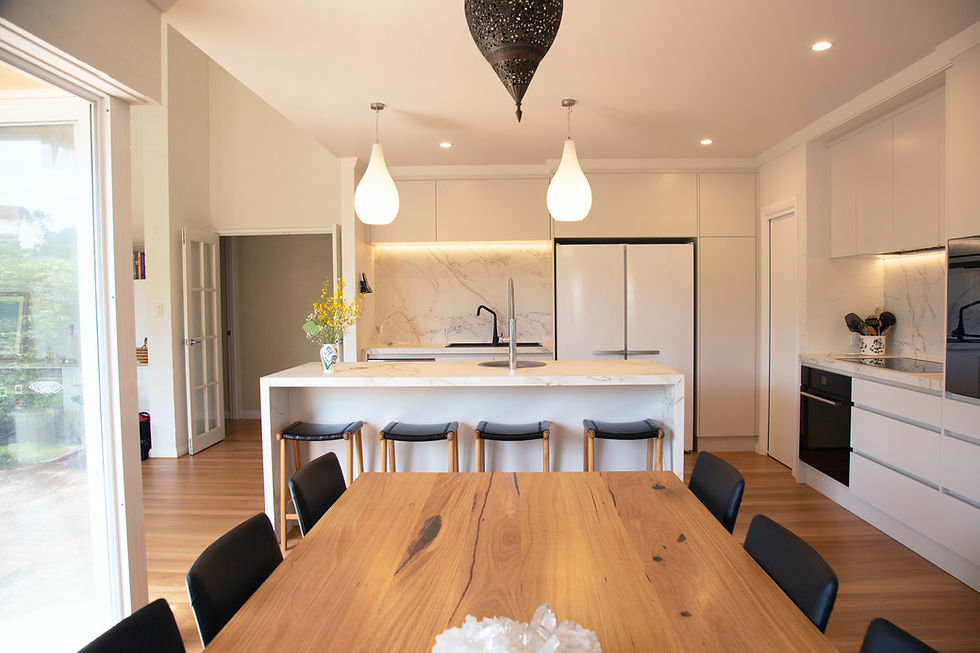The Pros and Cons of Buying a Fixer-Upper in Today’s Market
- XL Props

- May 22, 2025
- 3 min read
In today’s housing market, where inventory is tight and move-in-ready homes come with a hefty price tag, the idea of buying a fixer-upper can sound like a smart—and potentially profitable—move. But there’s a difference between getting a great deal and biting off more than you can handle.
So how do you know if buying a fixer-upper is right for you? And more importantly, what does it actually take to turn a worn-out house into a home that fits your needs (and budget)? Here’s a straight-shooting breakdown of the pros, cons, and key things to consider—told from both a real estate and contracting perspective.

The Pros of Buying a Fixer-Upper
1. Lower Purchase Price
Fixer-uppers are typically priced well below market value—because they need work. This gives you a chance to buy into a neighborhood or school district that might otherwise be out of reach.
2. Build Equity Fast
With the right improvements, you can increase your home's value significantly. If you buy smart and renovate wisely, the equity gains can outpace what you’d get from a turnkey home.
3. More Customization
Buying a fixer means you’re not stuck with someone else’s outdated layout or style. You can design the space around how you live—open the kitchen, finish the basement, or add a bathroom where you actually need one.
4. Less Competition from Buyers
Turnkey homes attract bidding wars. Fixer-uppers don’t. You’ll face less pressure when making an offer and may even get better terms from the seller.
The Cons of Buying a Fixer-Upper
1. Renovation Costs Can Add Up Quickly
While the home may be cheap upfront, you have to factor in the cost of materials, permits, labor, and surprise repairs. Without a solid plan, you can blow past your budget fast.
2. More Time, More Stress
Renovations take time. Expect delays, dust, and decisions—lots of them. If you’re not prepared to live in a construction zone or project-manage a dozen moving parts, it can get overwhelming.
3. Risk of Hidden Problems
What you see is rarely the full story. Behind the walls, there could be electrical issues, plumbing problems, water damage, or worse. That “cheap house” could come with expensive surprises.
4. Financing Can Be Tricky
Not all lenders will approve loans for homes in poor condition. You might need a renovation loan (like an FHA 203k or Fannie Mae HomeStyle), which comes with extra paperwork and inspections.
What to Look for in a Good Fixer-Upper
Not every fixer is worth fixing. Look for homes that:
Are structurally sound (foundation, roof, framing are in decent shape)
Need mostly cosmetic upgrades (paint, flooring, kitchens, bathrooms)
Are located in desirable or improving neighborhoods
Have comps nearby that show strong resale potential
When in doubt, bring in a contractor to walk the property before you buy. It could save you tens of thousands in surprise repairs.
Buying a fixer-upper in today’s market can be a smart move—but only if you go in with clear eyes and a solid plan. If you’re hoping to save money, build equity, and create a home that’s truly yours, it might be the right fit. But if you’re expecting a quick flip or an easy ride, you might be better off waiting for the right turnkey home.
Still deciding? XL Property & Contracting helps buyers evaluate properties before purchase—and we handle renovations that actually deliver value. Reach out today for a consultation and let’s talk about whether a fixer-upper is the right move for you.




Comments